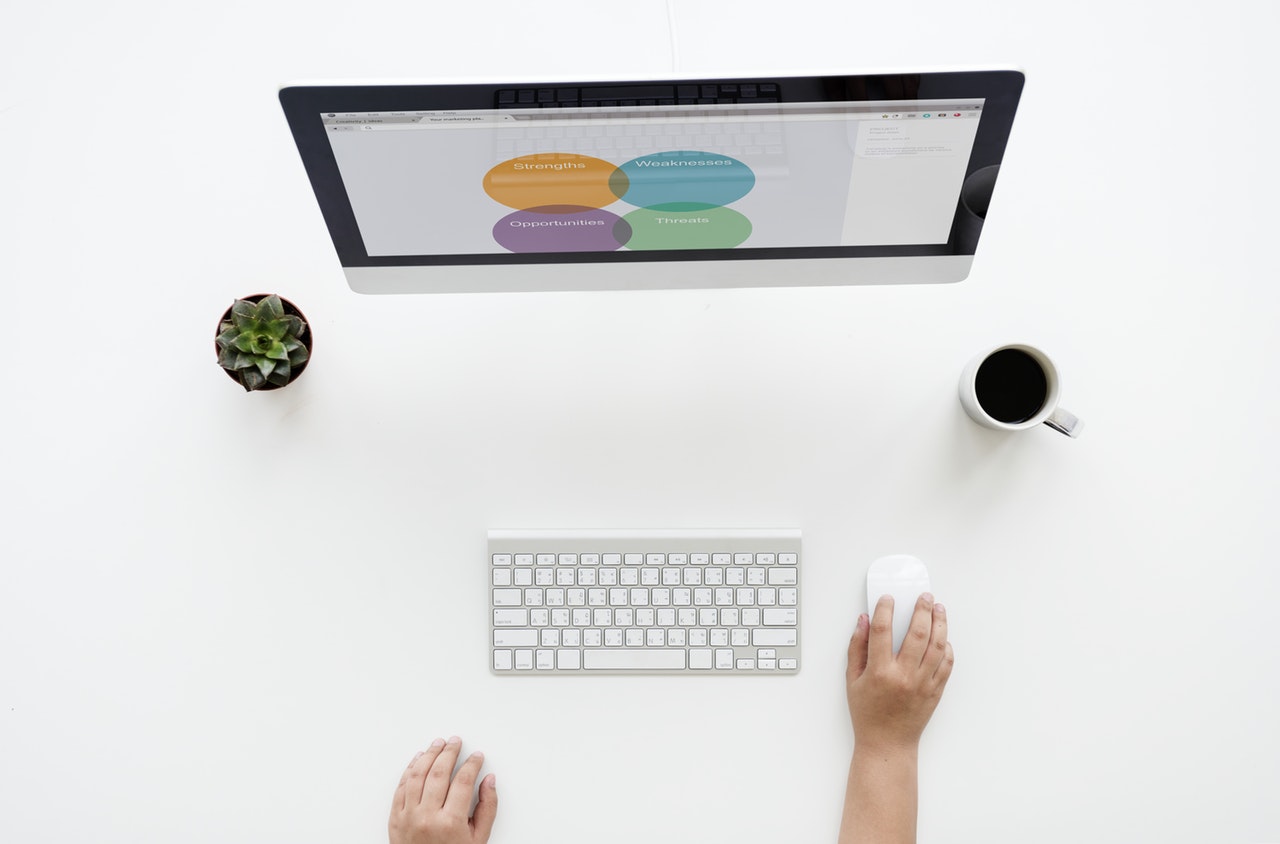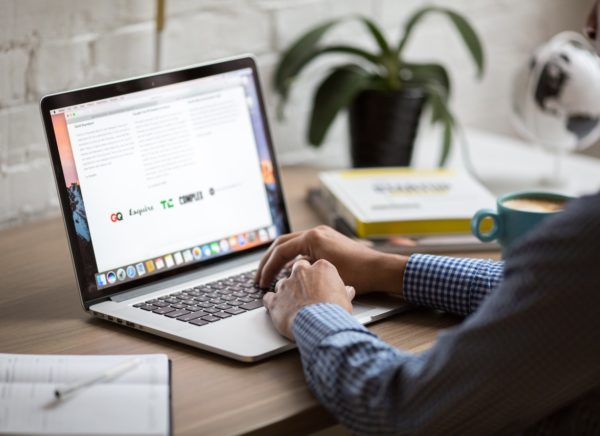With hacking, scammers, and cybercriminals making big money off innocent victims, the internet can be a scary place. If you’re hoping to stay safe online, here are some top tips that will help keep you and your data secure:
Use good passwords
It’s important that your passwords are unique, strong, and complex. This is the best way to make sure that your financial information is safe. You may want to use a password manager which can help you keep track of all of your accounts. Some online accounts will also offer multi-factor authentication. This means that you need multiple pieces of information in order to login to your account.
Use a VPN
A VPN helps keep you safe and hidden when you’re browsing the web. If you’ve secretly been wondering what is a VPN? then you’re not alone. Basically, a VPN is a virtual private network. This technology creates an encrypted, safe connection which means you can securely access websites and apps without worrying that your data and passwords could be at risk.
Consider using a firewall
While your network may be secure, it’s still good practice to use a firewall. This blocks anyone from accessing your devices and computers without authorization. It will often be included when you purchase some security software. When you use a firewall, it means that any of the devices you use to connect to your network are also secure- such as smart devices and webcams. This is becoming more and more important as we begin to use these types of devices since many have not been equipped with basic security measures and hackers can easily use them to gain access to your entire network.
Be smart online
You may have put all the best measures in place, but if you’re inviting danger into your network with your clicking, you may have a problem. Often, online threats are all about social engineering and phishing. This means that criminals trick you into revealing sensitive or personal information for fraudulent purposes. This can be accomplished by using tactics like online quizzes, ‘free’ offers, click-baiting, spam emails, and more. Watch out for offers that sound amazing (often to good to be true) or ask for your financial details.
Shop safe
When you’re using websites for sensitive transactions like online banking, make sure that the address of that website starts with https. It should also show you a padlock, indicating that the website uses encryption and is secure to use. If you don’t see this, it means that your data can be intercepted.





